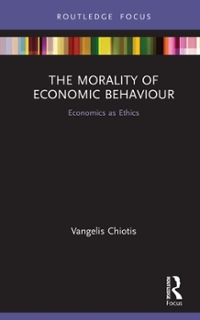Question
Suppose two economies Home (H) and Foreign (F) produce two goods, bread and wine, with only one production factor: labour. Production technology, expressed as marginal
Suppose two economies Home (H) and Foreign (F) produce two goods, bread and wine, with only one production factor: labour. Production technology, expressed as marginal product of labour (MPL), is given in the following table: *Note that technologies are expressed as Marginal Products of Labour (MPL) not as unit labour requirements. To learn how these two measurements of labour productivity relate, please consult the material covered in class and the textbook. Suppose that Home has 2400 units of labour and Foreign has 1800 units of labour. a. (2 marks) Derive the Production Possibilities Frontier (PPF) and the Consumption Possibility Frontier (CPF) for Home and Foreign, with bread on the horizontal axis and wine on the vertical axis. What isthe autarky equilibrium price of bred relative to wine in each country? (2 marks)
| Technologies expressed as MPL | Bread | Wine | |
| Home | 1/6 | 1/12 | |
| Foreign | 1/4 | 1/2 |
What country has the absolute advantage in producing each good? What country has the comparative advantage in producing each good? Briefly explain the difference between these two concepts. Suppose both countries are now free to trade. The world relative price of bread is 1. c. (2 marks) What is the pattern of specialisation and trade? Briefly explain your answer. d. (2 marks) To the graphs you drew in point (a) add the CPF after free trade. Which country gains from free trade according to Ricardian Model. Briefly explain your answer.
Step by Step Solution
There are 3 Steps involved in it
Step: 1

Get Instant Access to Expert-Tailored Solutions
See step-by-step solutions with expert insights and AI powered tools for academic success
Step: 2

Step: 3

Ace Your Homework with AI
Get the answers you need in no time with our AI-driven, step-by-step assistance
Get Started


